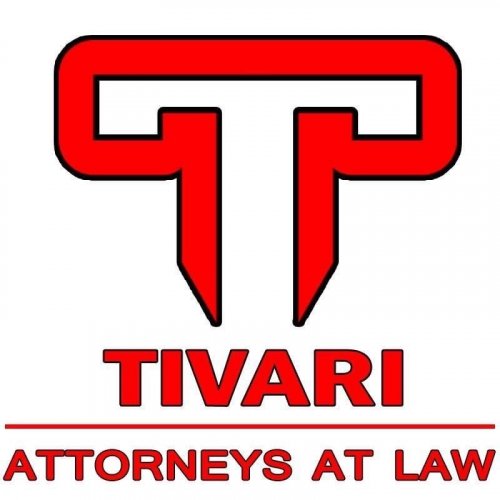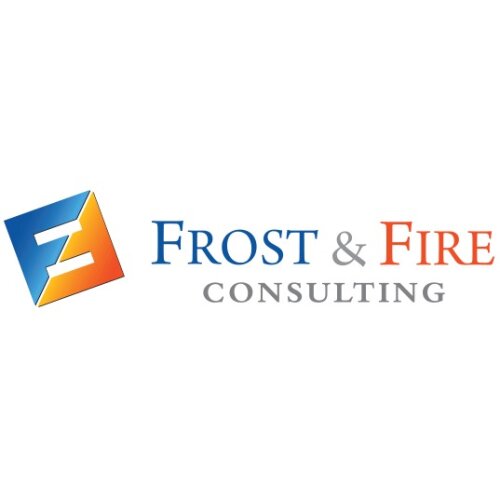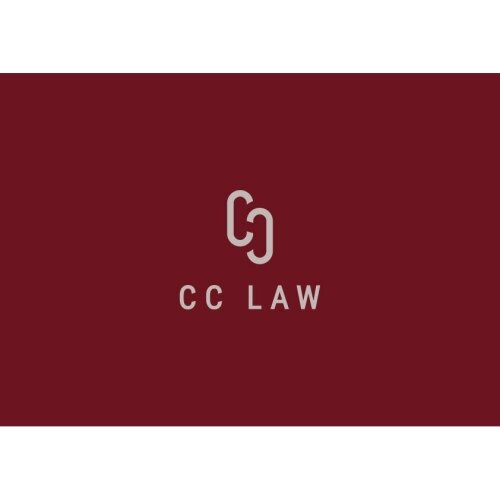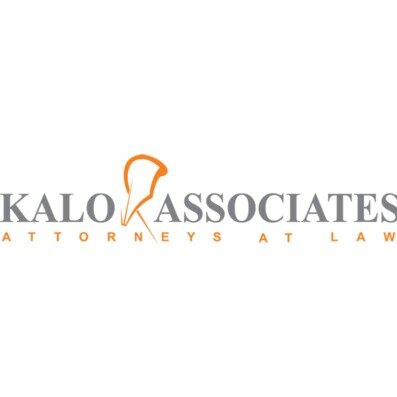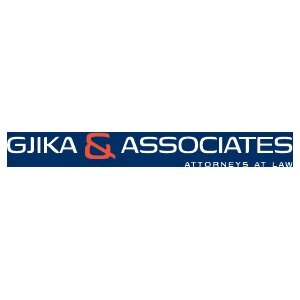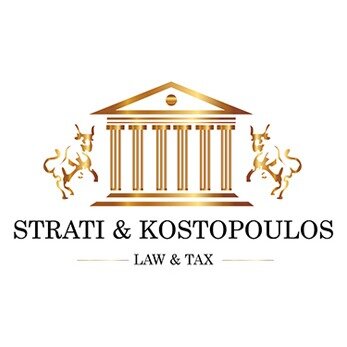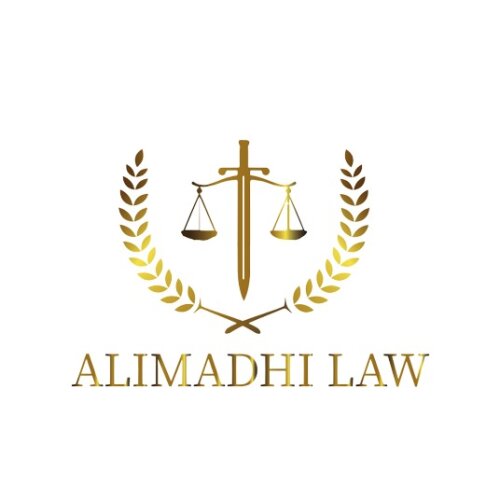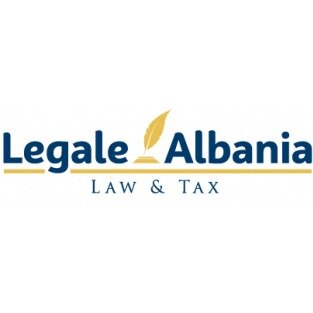Best Energy, Environment & ESG Lawyers in Albania
Share your needs with us, get contacted by law firms.
Free. Takes 2 min.
Or refine your search by selecting a city:
List of the best lawyers in Albania
About Energy, Environment & ESG Law in Albania
Energy, Environment & ESG (Environmental, Social, and Governance) law in Albania covers a complex intersection of legal regulations shaping the country’s energy development, environmental protection, and responsible business practices. Albania has made strides to harmonize its legal framework with European Union directives as part of its EU integration efforts. The focus is on increasing renewable energy production, managing natural resources responsibly, ensuring compliance with international environmental standards, and promoting sustainability in business practices. ESG considerations have become increasingly significant as Albanian companies align with global trends of transparency, ethical governance, and accountability.
Why You May Need a Lawyer
Legal advice in the field of Energy, Environment & ESG is vital due to the rapidly evolving nature of legislation and the complexities involved in regulatory compliance. Common reasons people seek legal help include:
- Obtaining licenses or permits for energy projects such as hydropower, solar, or wind developments.
- Ensuring compliance with environmental impact assessments and environmental permits.
- Handling disputes over land use, environmental damage, or resource allocation.
- Advising on the acquisition, development, or divestment of energy assets in line with local and EU standards.
- Navigating environmental liabilities and remediation obligations.
- Meeting international standards on ESG reporting and vigilance requirements.
- Drafting and negotiating contracts for energy supply, construction, or joint ventures.
- Guiding businesses on public-private partnerships in the energy and environmental sector.
Local Laws Overview
Albania’s legal landscape in Energy, Environment & ESG is shaped by several key statutes and regulations, many inspired by EU directives:
- The Law on the Power Sector governs the generation, transmission, and distribution of electricity, with an emphasis on liberalizing markets and increasing green energy sources.
- The Law on Energy Efficiency promotes the use of energy-saving technologies and mandatory standards for buildings and equipment.
- The Law on Renewable Energy defines incentives and procedures for the development of renewables, particularly hydropower, solar, and wind projects.
- The Law on Environmental Protection sets the framework for environmental impact assessments, permits, and the prevention of pollution.
- Regulations on waste management, air and water quality, and protected areas ensure sustainable management of natural resources.
- Albania’s Labor Code and business laws are increasingly referencing ESG requirements in areas like workplace safety, anti-corruption, and stakeholder engagement.
Regulatory authorities such as the Energy Regulatory Authority (ERE), National Environment Agency, and Ministry of Infrastructure and Energy, play pivotal roles in oversight and implementation of these legal frameworks.
Frequently Asked Questions
What types of energy sources are regulated in Albania?
Albania regulates a range of energy sources including hydropower, solar, wind, biomass, and fossil fuels. Hydropower is the dominant source, but there is strong support for renewables through dedicated legal incentives.
How do I obtain a permit for an energy generation project?
You must apply to the Energy Regulatory Authority (ERE) or relevant ministry for licenses and permits. This process often requires detailed project proposals, environmental impact assessments, and public consultations.
What are the main environmental obligations for businesses in Albania?
Businesses are required to comply with environmental protection laws, obtain necessary permits, conduct environmental impact assessments for significant projects, and follow regulations on emissions, waste management, and natural resource usage.
Is ESG reporting mandatory in Albania?
While comprehensive ESG reporting is still developing in Albania, sectors such as finance and energy are increasingly expected to disclose ESG-related practices, especially if they are operating in or trading with EU markets.
What happens if a company violates environmental law?
Violations can result in administrative sanctions, fines, suspension of business activities, mandatory remediation, and in severe cases, criminal liability for responsible individuals.
Are there incentives for investing in renewable energy?
Yes, the government offers incentives such as feed-in tariffs, priority grid access, tax benefits, and support for foreign investment, particularly for solar, wind, and small hydropower projects.
Can foreign companies invest in Albania’s energy sector?
Foreign investment is encouraged and welcomed in Albania’s energy sector. Investors must follow standard licensing procedures, comply with local and international regulations, and may benefit from incentives.
How is land use regulated for energy and environmental projects?
Land use for energy and environmental projects is regulated through a combination of spatial planning laws, environmental permits, and, if applicable, public consultations. Certain areas like protected sites may have restrictions.
Who enforces energy and environmental regulations?
Enforcement is primarily carried out by the Energy Regulatory Authority, the National Environment Agency, and local inspectorates. They monitor compliance, grant permits, and issue sanctions for non-compliance.
What is an environmental impact assessment (EIA) and when is it needed?
An EIA is a formal process to identify and evaluate the potential environmental effects of a proposed project. EIAs are generally required before proceeding with significant developments in energy, infrastructure, or industry sectors.
Additional Resources
If you are seeking further information or official guidance in the field of Energy, Environment & ESG in Albania, consider consulting the following bodies:
- Ministry of Infrastructure and Energy - oversees national policies on energy and infrastructure
- Energy Regulatory Authority (ERE) - responsible for licensing and regulation in the energy sector
- National Environment Agency - administers environmental permits and assessments
- Environmental Inspectorate - responsible for enforcing compliance and environmental standards
- Albanian Investment Development Agency - supports foreign and local investment projects
- Chamber of Commerce and Industry - often has information and networks for businesses relating to ESG compliance
- Albanian Renewable Energy Association - a resource for renewable energy sector updates and best practices
- Legal aid organizations and law firms specializing in energy, environmental, or ESG law
Next Steps
If you believe you require legal assistance or advice relating to Energy, Environment & ESG in Albania, consider taking these steps:
- Identify the specific legal issue or project you are dealing with, such as permitting, compliance, or dispute resolution.
- Compile relevant documents, project plans, or correspondence to present to a legal professional.
- Contact a qualified lawyer or law firm with experience in Albanian energy, environmental, or ESG law for an initial consultation.
- Ask about their expertise, previous case experience, and potential costs before engaging their services.
- If facing regulatory matters, communicate directly with the appropriate governmental authority for guidance.
- Continue monitoring updates in local regulations, especially as Albania aligns further with EU standards, which may affect your obligations or opportunities.
Engaging a knowledgeable lawyer early can help ensure compliance, protect your interests, and facilitate the successful development or operation of your project within the Albanian legal framework.
Lawzana helps you find the best lawyers and law firms in Albania through a curated and pre-screened list of qualified legal professionals. Our platform offers rankings and detailed profiles of attorneys and law firms, allowing you to compare based on practice areas, including Energy, Environment & ESG, experience, and client feedback.
Each profile includes a description of the firm's areas of practice, client reviews, team members and partners, year of establishment, spoken languages, office locations, contact information, social media presence, and any published articles or resources. Most firms on our platform speak English and are experienced in both local and international legal matters.
Get a quote from top-rated law firms in Albania — quickly, securely, and without unnecessary hassle.
Disclaimer:
The information provided on this page is for general informational purposes only and does not constitute legal advice. While we strive to ensure the accuracy and relevance of the content, legal information may change over time, and interpretations of the law can vary. You should always consult with a qualified legal professional for advice specific to your situation.
We disclaim all liability for actions taken or not taken based on the content of this page. If you believe any information is incorrect or outdated, please contact us, and we will review and update it where appropriate.
Browse energy, environment & esg law firms by service in Albania
Albania Attorneys in related practice areas.
Browse energy, environment & esg law firms by city in Albania
Refine your search by selecting a city.




